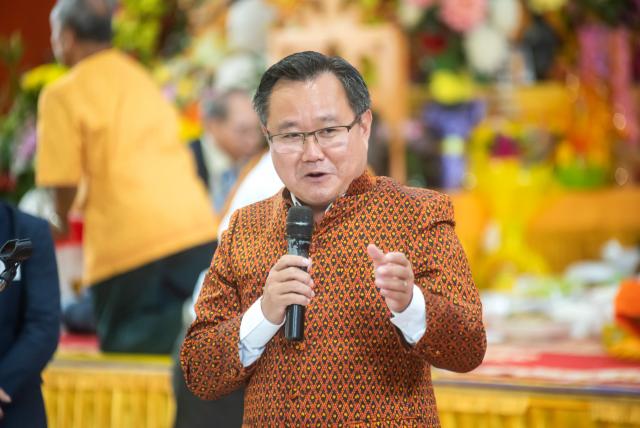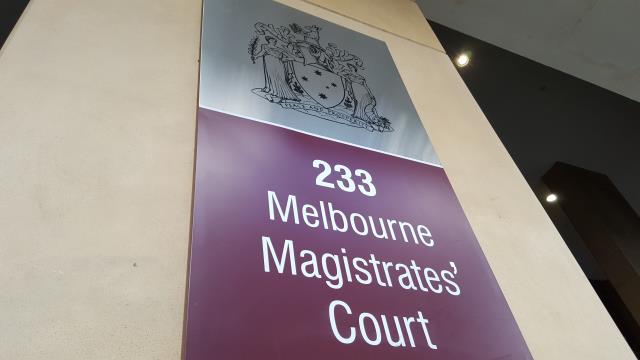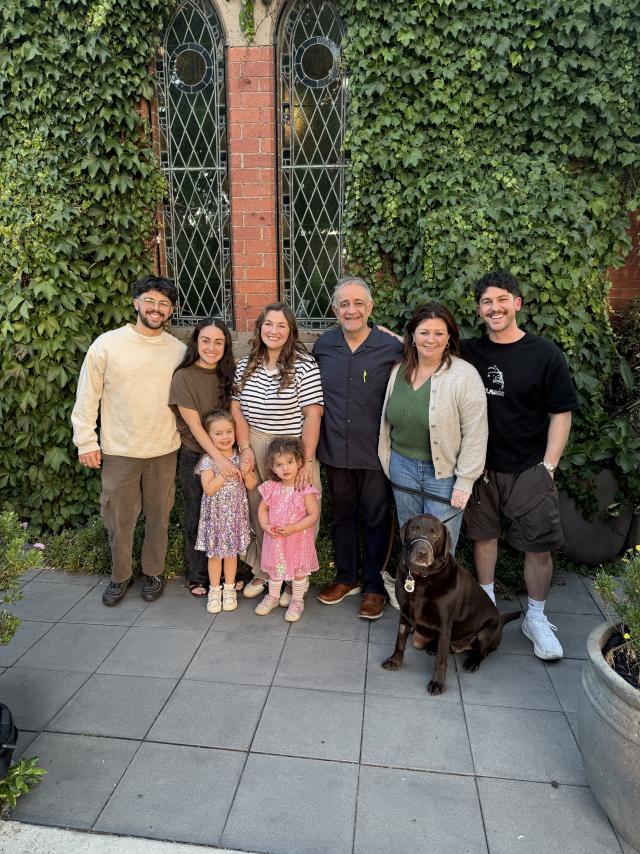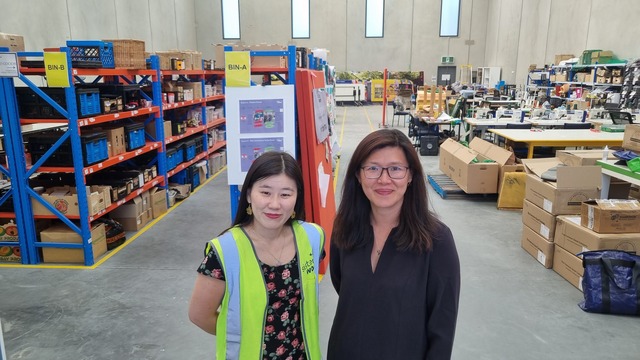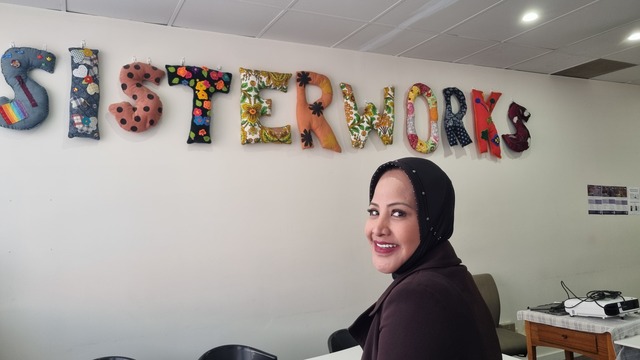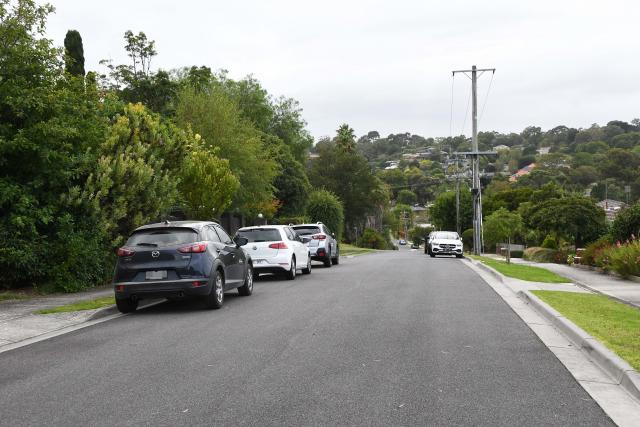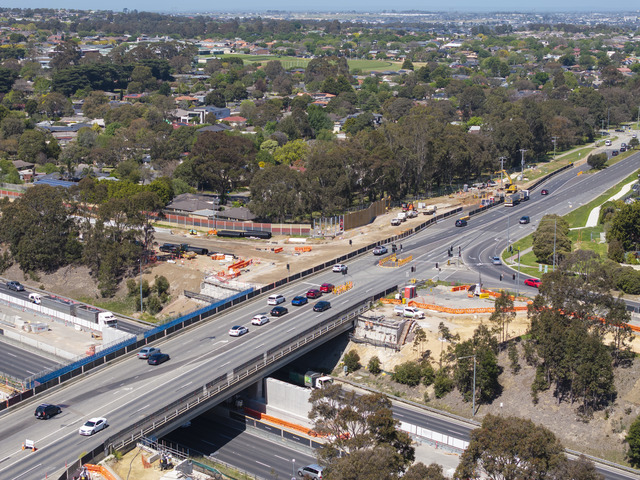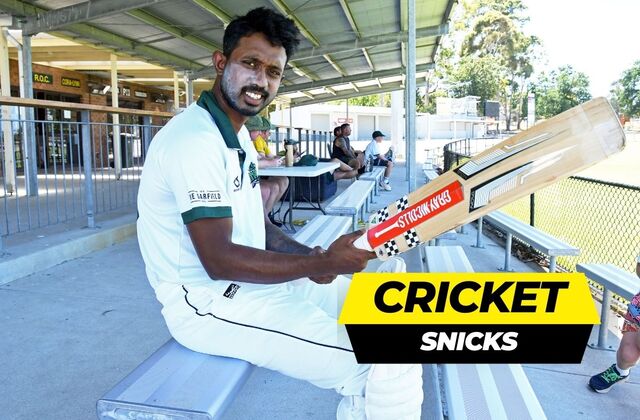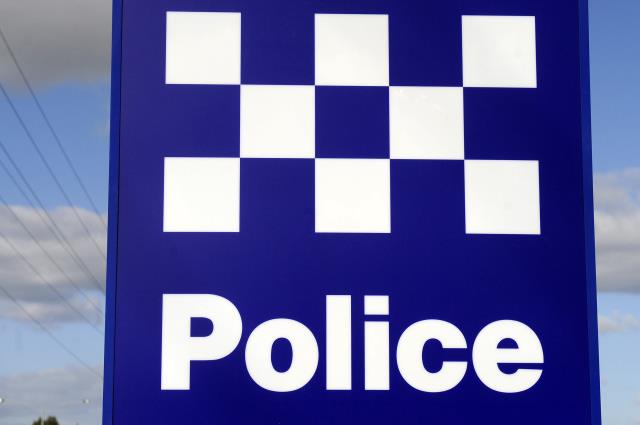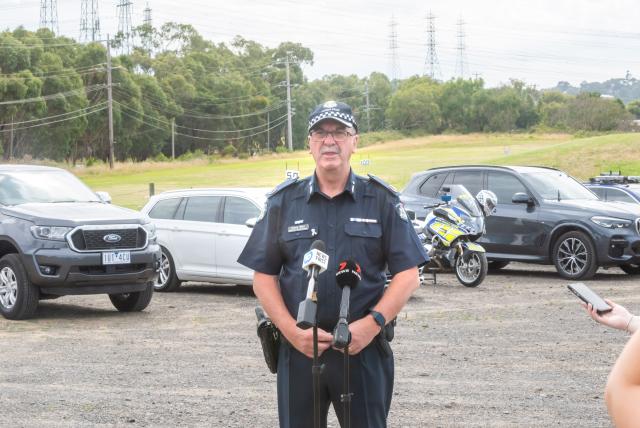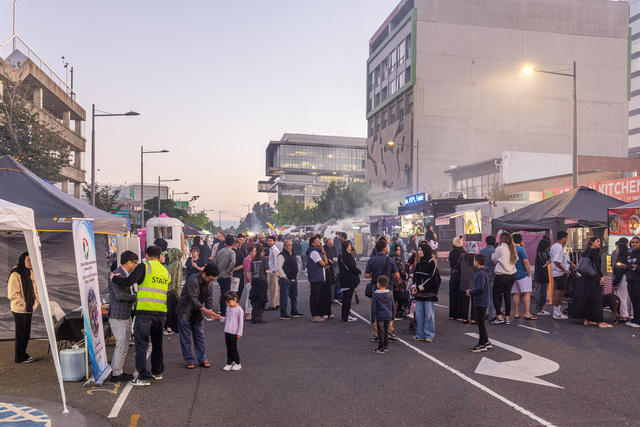Claims of foreign interference were the subject of a federal police information session in Springvale on 9 July.
Clarinda MP Meng Heang Tak said the Australian Federal Police session at the Cambodian Association of Victoria was part of “ongoing work to combat foreign interference from a foreign state”.
“The Cambodian diaspora community is a community traumatised through civil war and the ‘Killing Fields’.
“We have to call out foreign government activities that attempt to split the community.
“We value our active community members participating in a democratic process. This needs to be protected by Australian law and not to be intimidated by foreign agents.”
Mr Tak described the community as gripped in an “atmosphere of fear and division”, due to a Cambodian Government “war room” that was trying to intimidate Australian critics into silence.
“I don’t expect a big turnout,” he said in the leadup to the AFP event.
“Because of the fear of being photographed and identified by foreign agents.”
Mr Tak says regime opponents were being warned about visiting Cambodia and that their family and friends in Cambodia would be “watched”.
Regime “propaganda” was being spread by “false” business groups and by Facebook posts from Cambodia posing as local comment, he alleged.
Local politicians such as himself, former Clayton MP Hong Lim and former Greater Dandenong mayor Youhorn Chea claim they have received threats from foreign agents in recent years.
“In Australia, we know they have been watching our activity. My predecessor Hong Lim was charged by the regime with incitement. He was threatened that it wasn’t safe for him to go back to Cambodia.”
In the meantime, a protest is being held in Springvale on 16 July against “undemocratic” elections in Cambodia this month.
The main opposition party Candlelight was barred from taking part in the election, and opposition members have been allegedly assaulted or convicted on what supporters claim are politically-motivated charges.
“There’s no viable opposition party. Any opposition party, media, NGOs and individual who speaks out against the regime have been consistently shut down,” Mr Tak says.
An Australian Federal Police spokesperson said espionage and foreign interference were “Australia’s principal security concern” and a “serious threat” to sovereignty and integrity of its national institutions.
When asked about Cambodian activities, the AFP stated it took a “country agnostic” approach to countering foreign interference.
“Our focus is on strengthening the resilience of sectors of Australian society which are at risk from foreign interference.”
Since the relevant laws came into effect in 2018, the AFP has charged two people with foreign interference offences.
The crime is defined as coercive, deceptive, clandestine or corrupting activity on behalf of a “foreign actor”, beyond “routine diplomatic influence” and against Australia’s sovereignty and national interests.
It can involve seeking information or to influence government processes by using threats to cause serious harm or making “demands with menaces”.
In February, the AFP launched an education campaign on what to do if communities were threatened or intimidated by foreign governments.
AFP community liaison teams have since met with CALD communities, groups and religious leaders on the issue.
afp.gov.au/sites/default/files/PDF/Factsheet-ForeignInterferenceintheCommunity.pdf

